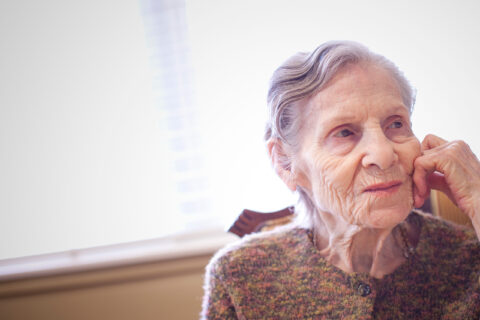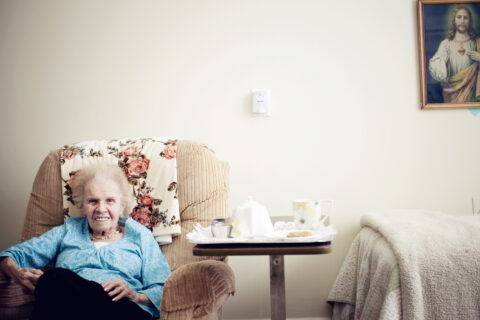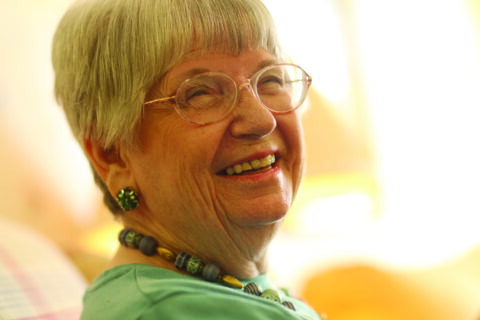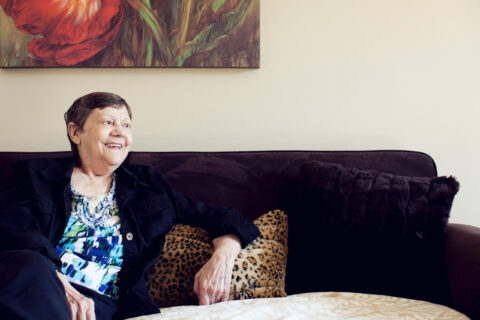5 Signs Your Loved One Is Ready for Assisted Living
Sometimes the signals that an aging loved one is ready to move to assisted living are clear, like a recent fall or a new medical diagnosis. In other cases, they can be as subtle as a scatter of pills on the floor or an increasingly disheveled appearance. While the signs of senior struggles are by no means one size fits all, here are a few indicators that more help might be in order.
Housekeeping difficulties
Take a peek around your loved one’s home. Is it messier than usual? Hoarding, soiled sheets and towels, spoiled food or a smell of urine are all signs that a person is struggling to keep up with daily chores, according to the American Association of Retired Persons. Sometimes these issues can be remedied with in-home housekeeping help, but they can also be indicators that someone needs more comprehensive care.
Medication issues
Mom isn’t likely to tell you that she’s been skipping her blood pressure medication or that she can’t remember if she’s supposed to take the green ones twice a day or only once. So look around: Are there pills laying on the floor or counter that haven’t been picked up? Does the amount of pills left in the bottle make sense with the label date and instructions? More than a third of adults ages 60 and older take five or more prescription drugs—and taking them as prescribed is critical to both managing health conditions properly and minimizing drug interactions and side effects.
Increased isolation
More than a third of adults ages 45 and older feel lonely, and nearly a quarter of those 65 and older are socially isolated, according to the National Academies of Sciences, Engineering and Medicine. Both circumstances place older adults at a higher risk for a host of ailments, including dementia, stroke, heart disease and premature death. Has Mom stopped going to church, when she used to never miss a Sunday? Has Dad been struggling ever since Mom died? For some seniors, the ready-made social network that living in a group setting provides can go a long way in boosting happiness and overall health.
Hygiene troubles
Be aware of any changes to your loved one’s appearance, as they can signal cognitive issues or depression, according to AARP. Does Dad need a haircut and a shave? Have Mom’s fingernails gotten longer than normal? Are their clothes in need of a wash? An inability to keep up with personal care is a big red flag that some kind of change is needed.
Cognitive decline
Some forgetfulness is a normal part of aging, but it’s important not to overlook early indicators of dementia. Has Mom started asking the same questions over and over, or leaving notes all over the house as reminders? Does Dad no longer care about his beloved sports team, or struggle to remember how to play his favorite game? The Alzheimer’s Association provides a list of these and other signs that can help distinguish between normal age-related change and the onset of dementia.
Contemplating the next chapter in your loved one’s story? Click here to learn more about Bickford Senior Living and to find a branch near you.



